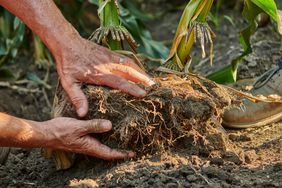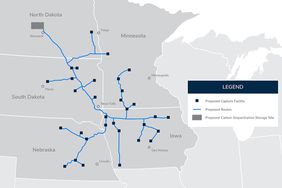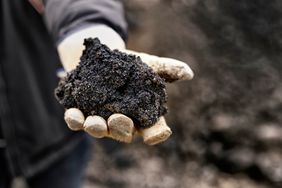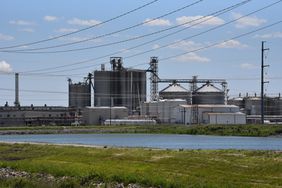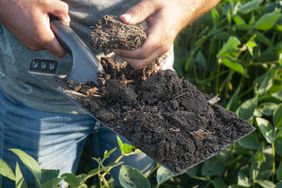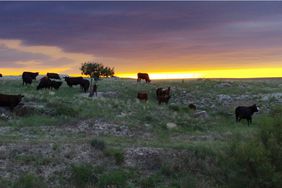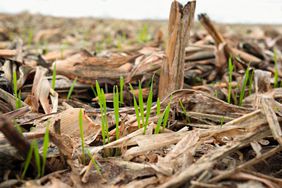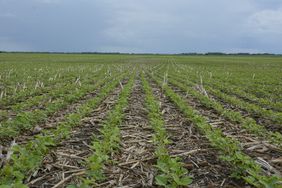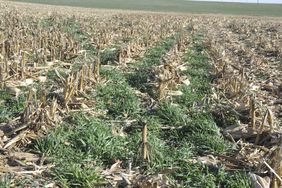:max_bytes(150000):strip_icc()/51221116849_60d96e0b8f_o-2000-cf65a724b4a04ab7ab5571070625cf7a.jpg)
Rural Investment to Protect our Environment (RIPE) has been awarded $80 million for a pilot program by the USDA's Partnerships for Climate-Smart Commodities program.
RIPE is a producer-led organization advancing RIPE100 — a conservation program that would pay producers $100 per acre or animal unit for stewardship, offering equitable payments above costs associated with practice implementation.
Under the three-year pilot program, RIPE and its partners will help agricultural producers in Arkansas, Minnesota, North Dakota and Virginia prove the value of paying farmers and ranchers $100 per acre or animal unit for stewardship practices that deliver public value through carbon sequestration, greenhouse gas reduction, improved soil health, water quality, water conservation, and other environmental services.
"We are honored that USDA sees the potential in our approach to paying producers fairly for conservation," said RIPE Executive Director Aliza Drewes. "USDA's willingness to pilot the RIPE100 concept signals a national appetite for game-changing solutions and recognizes many producers' desire to move away from cost-share."
Other key principles of RIPE100 and the pilot include easy enrollment, equitable payments, and no penalty for early adopters. Participants will receive technical support in learning how to implement climate-friendly practices such as cover crops, no-till, nutrient management and more.
"Farmers want to hand a healthy farm down to the next generation, and the RIPE100 approach will help," said RIPE Board President and Iowa farmer Curt Mether. "I am excited to put our principles of paying producers fairly for voluntary conservation in action and look forward to seeing the outcome."
Pilot partners
State pilot leads: Arkansas Department of Agriculture Natural Resources Division, Minnesota Board of Water and Soil Resources, North Dakota Farmers Union, and Virginia Department of Conservation and Recreation
Producer groups: Agricultural Council of Arkansas, Arkansas Rice Federation, Minnesota Farmers Union, Minnesota Soil Health Coalition, Minnesota State Cattlemen's Association, and the National Black Growers Council
Technical experts and conveners: National Association of Conservation Districts, Supporters of Agricultural Research, Sustainable Food Lab, and the Environmental Initiative

